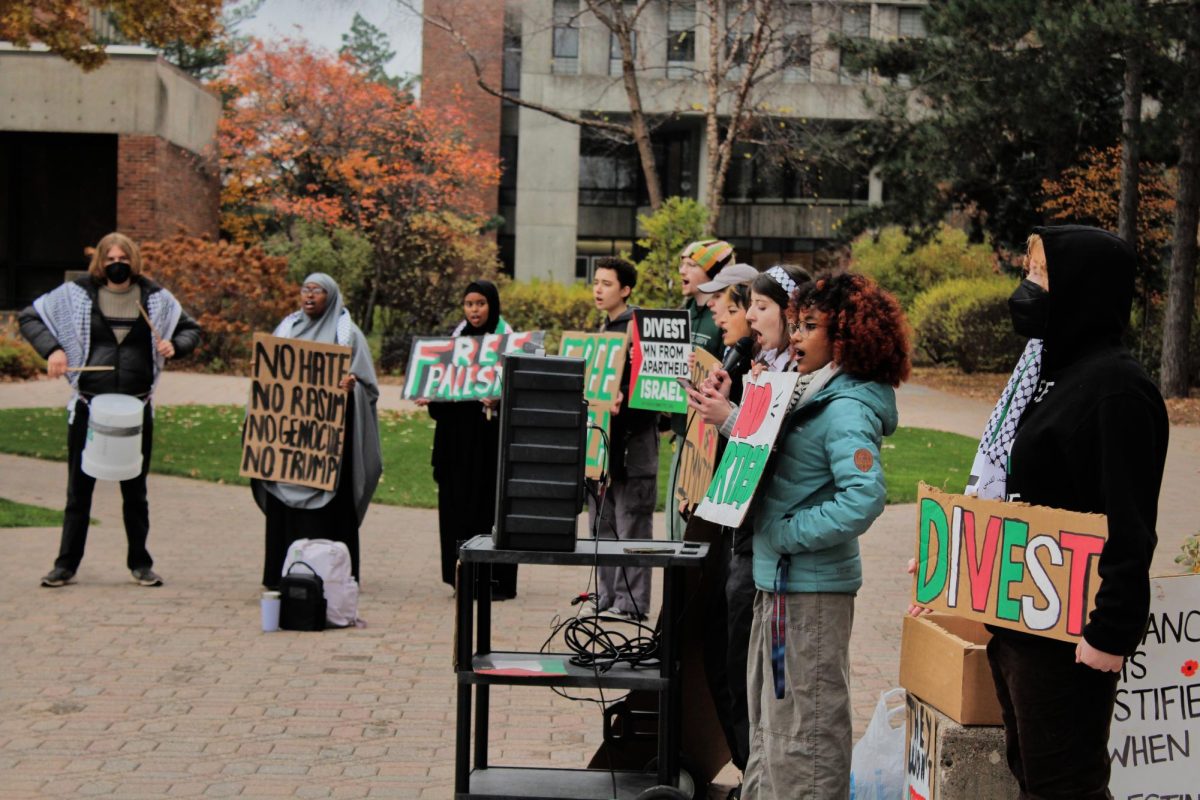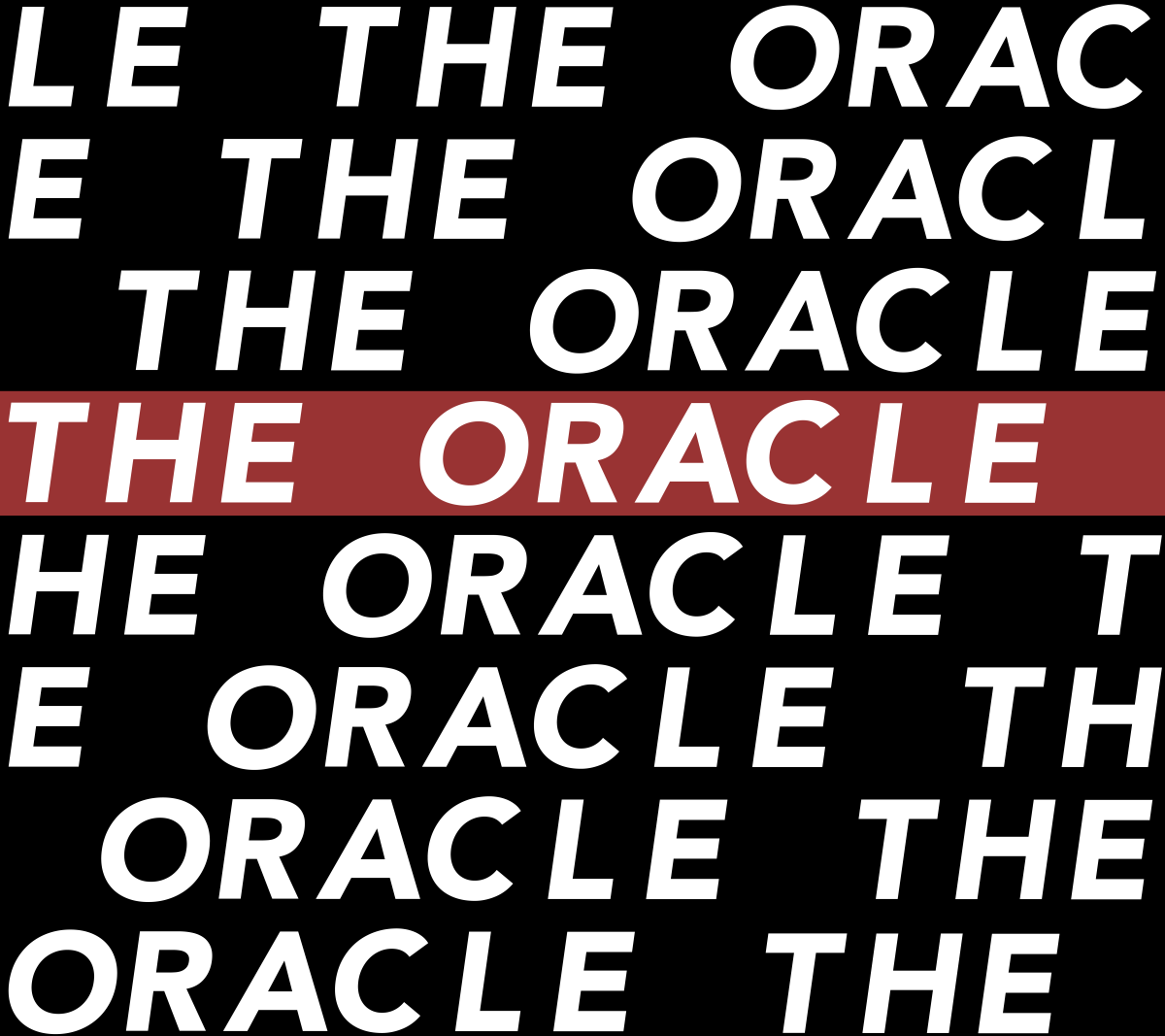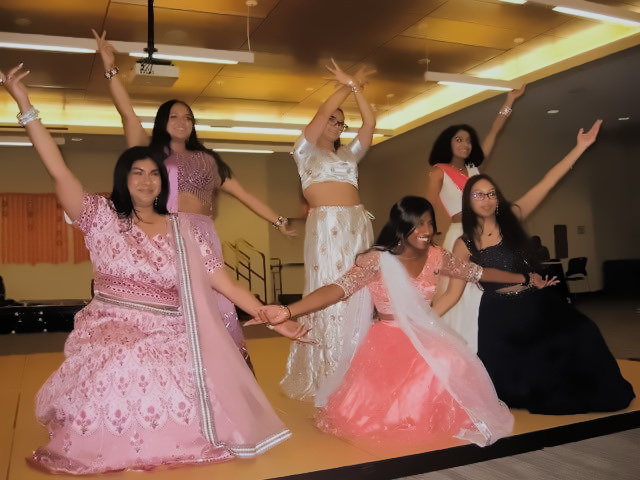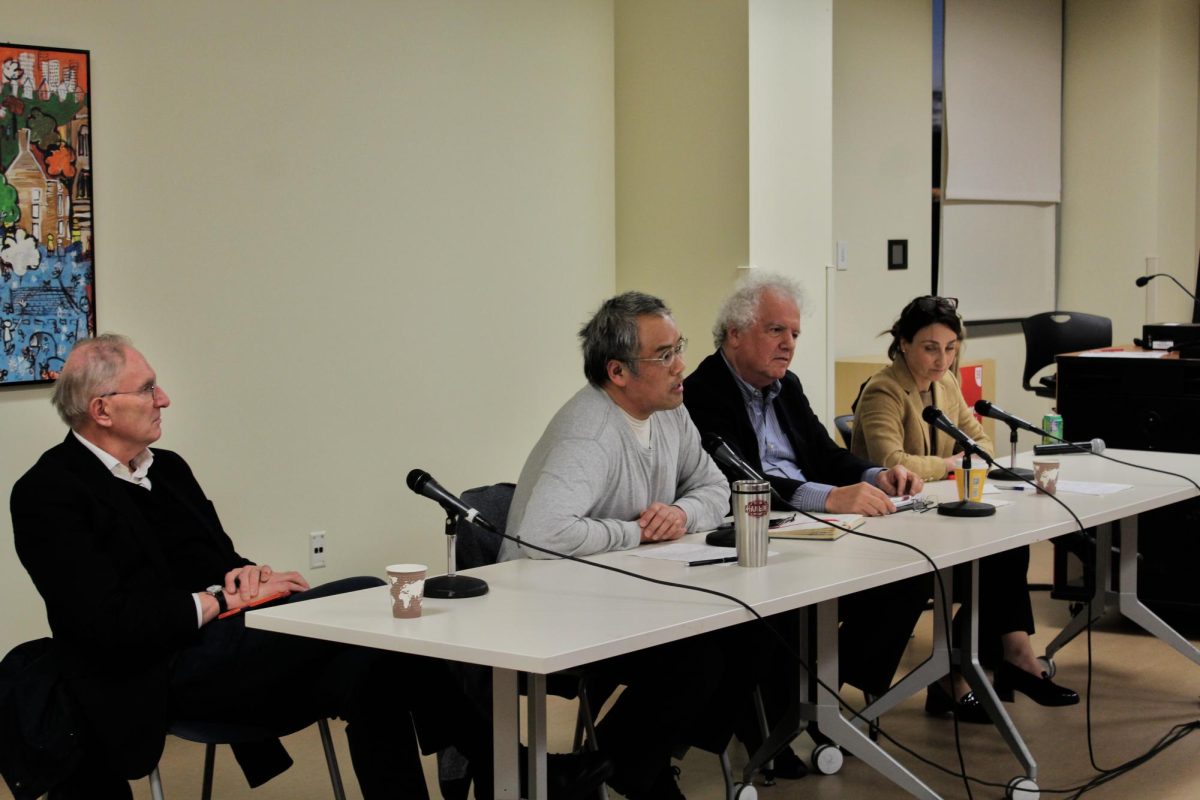Founded in 1854, Hamline University has held steadfast ties with the United Methodist faith — and more specifically, the Hamline Church United Methodist, who at the time of publication has since voted to divest from Israel bonds — a branch of Christianity primarily focused on building a strong religious community and serving others. For years, Hamline Church has served the Hamline University campus, offering a space for students, faculty and staff to not only explore their own religious identities but to connect them with a network of other like-minded individuals.
Mark Berkson, department chair and professor of religion, believes community to be an essential factor in religion, regardless of how big or small they might be.
“There [are] small and large versions of religious communities. Communities are a really major part of religion. In fact, there are some scholars who study religion that say [community] is foundational. It shapes us as individuals; the shared beliefs, values and practices that we have in a community changes who we are,” Berkson said.
For Chaplain Kelly Figueroa-Ray, Director of Hamline’s Wesley Center, building a strong religious community has proven to be both time consuming and rewarding. Following an incident in an art history class in Oct. 2022 that sparked an international debate centered around academic freedom, the Wesley Center began work on an event specifically created to hold space for students, faculty and staff to voice their concerns and share their stories from the experience.
“The Respectful Conversations team came in and talked to all the different stakeholders — staff, students, admin and faculty — to try and create a conversation that would bring all of those stakeholders together to sort of shake up this understanding that we’re all against each other. … So that was a six month process,” Figueroa-Ray said.
Although there was a six-month wait before the respectful conversations event took place, Figueroa-Ray believes the community’s response showed tangible support among participants.
“We have results from the [before and after] surveys that show that [the respectful conversations] had an impact on the empathy that was created in the room,” Figueroa-Ray said.
She emphasized her belief in the importance of forming a strong and steady foundation of community, regardless of the time that it takes to do so, especially when it comes to difficult subject matter.
“We didn’t talk about the thing that was making us not trust each other directly because we have to get to know each other and figure out who we are at the table,” Figueroa-Ray said.
Expanding the student faith community
In an effort to bring more voices to said table, the Multi-Faith Alliance (MFA), which consists of the Muslim Student Association, Jewish Student Life, Hamline University Mindfulness and Meditation and Christian Campus Ministry, was created to offer students from various religions a chance to gain valuable resources and connections to others both within and outside their own faith community. Figueroa-Ray highlighted this very sentiment, extending an olive branch to the entire campus.
“The way that I see [it] is that I am the chaplain for everyone, and you don’t have to be a certain religion, or a religion at all. I am a resource to the entire campus,” Figueroa-Ray said.
The MFA also gives students the opportunity to learn more about other faith practices and the people involved within them. Whether that be through Wesley Center sponsored events or the Mahle Lecture series, the MFA provides a space for students to practice their faith in a safe and inclusive environment. Berkson noted the importance of finding connections with those outside of one’s own faith, explaining the impact that an open mind and open heart can have.
“The more they know about other religions and the more they come to care about people who are of different religions, the more open-minded that they will be,” Berkson said.
But in some cases, particularly with religions with smaller practicing populations, the seat at the religious table may be nowhere to be found. It is in this case, according to Figueroa-Ray, that one must ask for help from the Wesley Center in order to receive the necessary resources.
“If you don’t see any door, if you don’t see your religion or practice represented, come talk to me if you want to do something about that,” Figueroa-Ray said.
In order to receive resources from the Wesley Center, religious groups seeking to be registered as student organizations on campus will be organized under the greater umbrella of the MFA.
“If new religions come into play, they need to be okay with being a part of the Multi-Faith Alliance,” Figueroa-Ray said.
As important as inter-faith connection within the Hamline University campus is, outside resources are just as essential to providing a healthy, safe and accepting religious community. Mariah Tollgaard, lead pastor at Hamline Church United Methodist, echoed this idea, explaining how the connection between the Hamline Church and the Wesley Center serves both the student body and the greater Midway community.
“We see ourselves as partners in a lot of ways. First and foremost for the support of students and both … enrichment of their spiritual lives but also the kind of support of their whole well-being,” Tollgaard said. “I think we also work collaboratively for the well being of the greater neighborhood and Hamline-Midway community, and share a lot in common that we’re both invested in this neighborhood.”
This investment in the neighborhood not only provides community members with a stronger foundation to build upon but allows students — both current and prospective — to find spaces that resonate with their experiences, thoughts and values.
“Maybe without even knowing it, at first, [students are] kind of getting immersed into [, and my hope is that they find that as a welcome and inviting space to learn and grow in their own spirituality and faith traditions that aren’t United Methodist, but [that they] still feel supported and cared for,” Tollgaard said.
In an effort to foster religious conversation and community, Stephen and Kathi Austin Mahle have partnered with Hamline University to create the Mahle Lecture in Progressive Christian Thought. Over the past 20 years, themes have ranged from “Finding Beauty in a Broken World,” led by Terry Tempest Williams to “Artistic Expression as Mobilization,” led by Joe Davis. Champlain Kelly Figueroa-Ray, director of the Wesley Center and primary organizer of the Mahle Lecture series, offered essential insight into the origins of this event.
“The Mahle’s were interested in having scholars come and work with students, but also provide a lecture for the overall community in progressive thought to counter the understanding of conservative ideas of Christianity.” Figueroa-Ray said. To learn more about the Mahle Lecture in Progressive Christian Thought, visit hamline.edu/life-at-hamline/personal-wellness/wesley-center/mahle-lecture.





